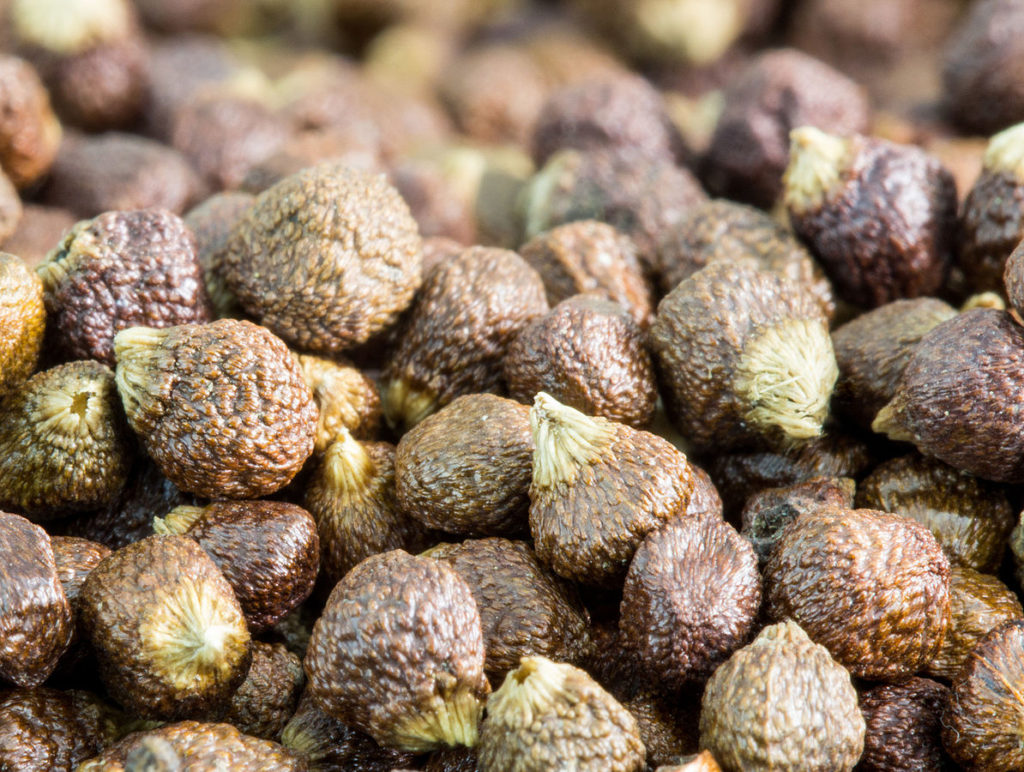Grains of Paradise, and What They Mean for Florida’s Alcohol Adulteration Statute

Florida’s 150 Year Old Alcohol Adulteration Statute
The Florida Beverage Law is, in many instances, confusing, contradictory, and just plain weird. It is also unenforceable in some aspects. Take for instance Florida’s Adulterated Liquor Statute, Florida Statutes Section 562.455.
First enacted in 1868, the relatively short Adulterated Liquor Statute makes it a felony of the third degree to include certain substances in alcohol.
Whoever adulterates, for the purpose of sale, any liquor, used or intended for drink, with cocculus indicus, vitriol, opium, alum, capsicum, copperas, laurel water, logwood, brazil wood, cochineal, sugar of lead, or any other substance which is poisonous or injurious to health, and whoever knowingly sells any liquor so adulterated, commits a felony of the third degree, punishable as provided in s. 775.082, s. 775.083, or s. 775.084.
Florida Statutes Section 562.455 (2021)
Chances are, this statute is unenforceable in some respects. That was the conclusion of a federal court in 2020, and it got one “adulterator” taken off the list.
The Case of the Aframomum Melegueta
Prior to July 1, 2021, the verboten list of alcohol adulterators included one more: grains of paradise. Grains of paradise (scientific name Aframomum melegueta) is a species in the ginger family, closely related to cardamom. Its seeds are used as a spice (ground or whole); it imparts a pungent, black-pepper-like flavor with hints of citrus. It is also common known as melegueta pepper.
Florida Law 2021-135 removed grains of paradise from Florida’s Adulterated Liquor Statute because a federal court found the law to be unenforceable, at least where grains of paradise are concerned.
On January 28, 2020, the United States District Court for the Southern District of Florida held that the statute, specifically as it related to the use of grains of paradise in liquor, was preempted by federal law. The court found that the statute frustrated the purposes and objectives of the Federal Food, Drug and Cosmetic Act (FFDCA) and implementation of FDA regulations. Under FFDCA, the FDA has broad regulatory authority to monitor and control the introduction of “food additives” in interstate commerce. Florida’s Adulterated Liquor Statute was unenforceable because it prohibited the use of an additive that is generally regarded as safe by the FDA (referred to as GRAS). Source: Bill Analysis for Florida Senate Bill 1966 (2021).
Will More “Adulterators” be Removed?
What about the rest of the Florida statute’s list of alcohol adulterators? It seems likely that federal preemption applies to other entries on this list, particularly those that are general regarded as safe by the FDA (we’re looking at you, capsicum).
Following is Florida’s list of the remaining substances forbidden to be included in alcohol:
- Cocculus indicus – known as moonseed; historically used to enhance giddiness
- Vitriol – probably referring to ether, which is also known as “sweet oil of vitriol”
- Opium – narcotic
- Alum – used as a flocculant to clarify turbid liquids and as a dye
- Capsicum – pepper plants; Capsicum frutescens L. (includes Tabasco pepper) and Capsicum annuum L. (includes bell, jalapenos, chili, and cayenne peppers) are GRAS
- Copperas – iron sulfate; used in iron supplements and as a dye
- Laurel Water – distilled from cherry laurel leaves; contains prussaic acid
- Logwood – probably referring to brushhollies or xylosmas; used as a dye; has narcotic properties
- Brazil Wood – also known as Pernambuco wood; used as a dye
- Cochineal – a parasitic insect; used to produce carmine (red) dye
- Sugar of Lead – lead acetate; has a sweet taste, which led to its historical use as a sugar substitute in wines and foods
Do you have any questions about Florida’s Alcohol Adulteration Statute? Contact us at contact@brewerlong.com to schedule a consultation with a beverage attorney.
Because we’re attorneys: Disclaimer.

